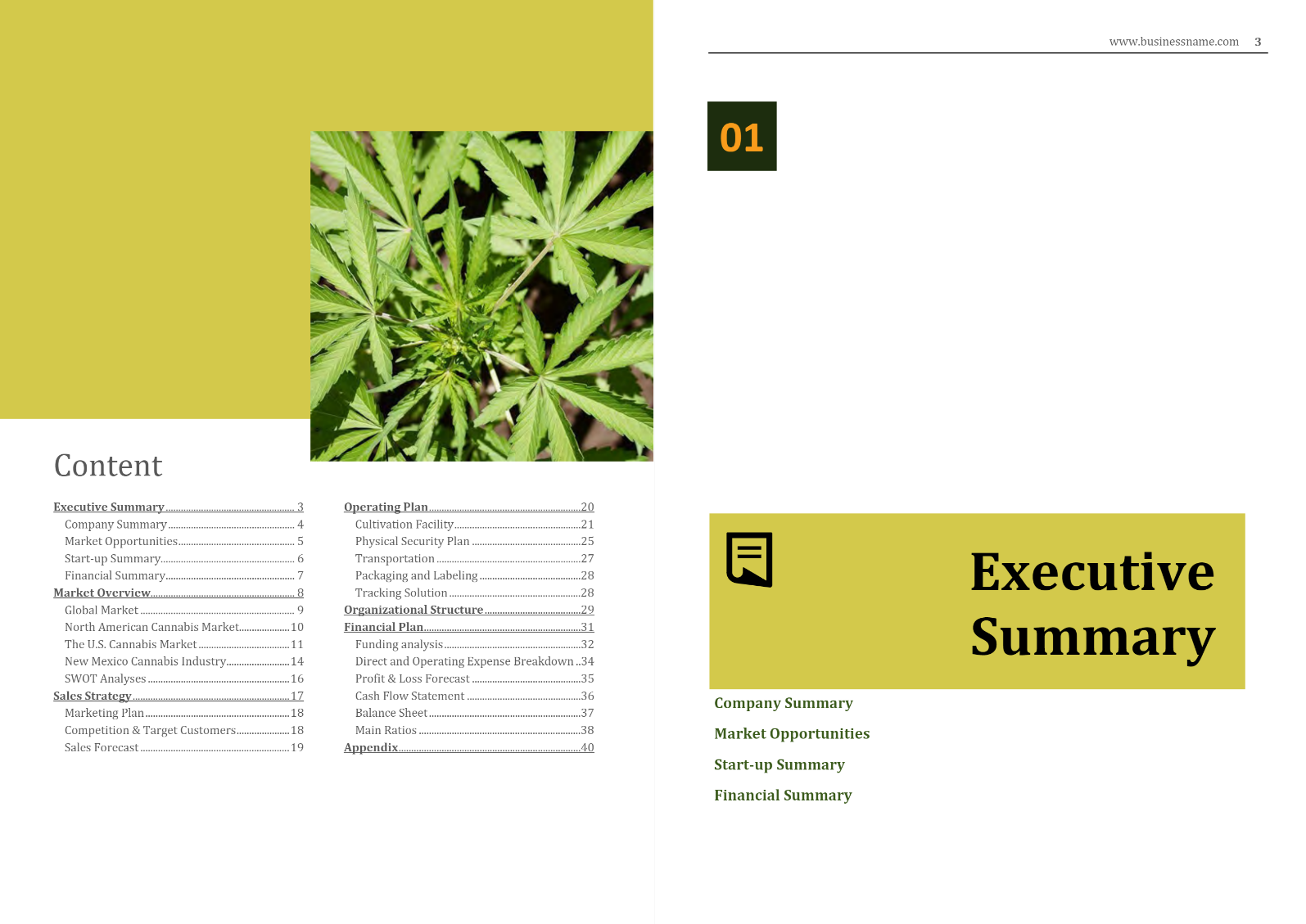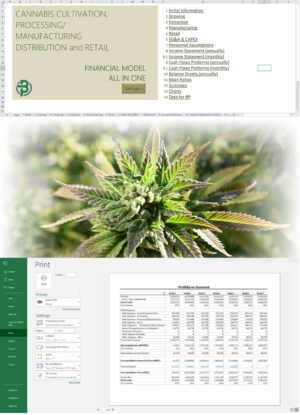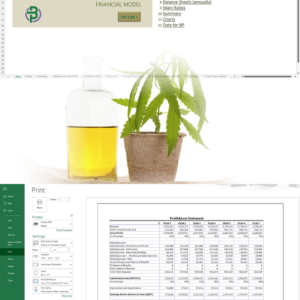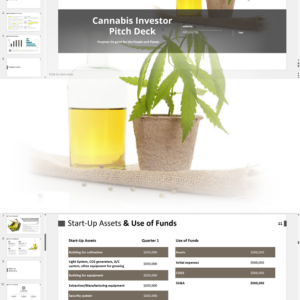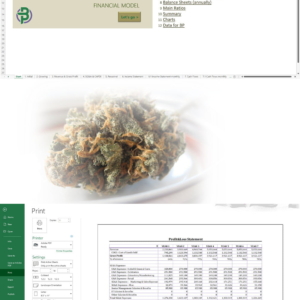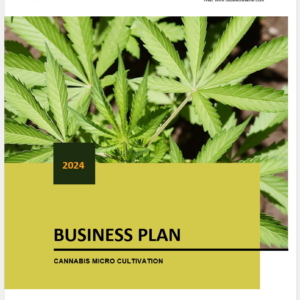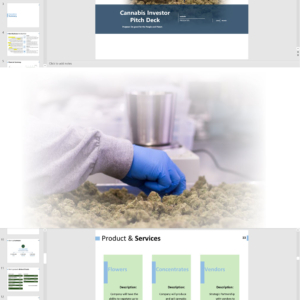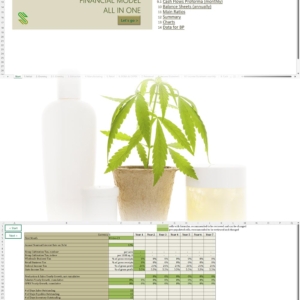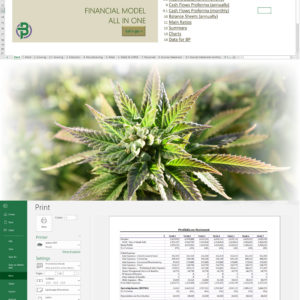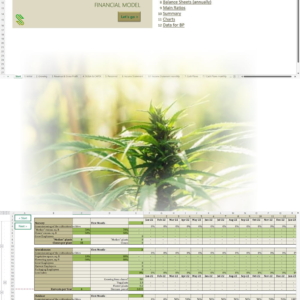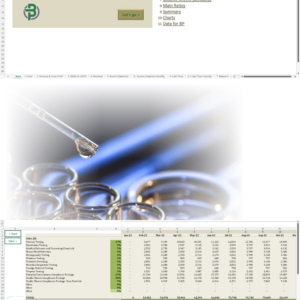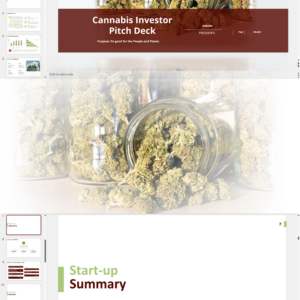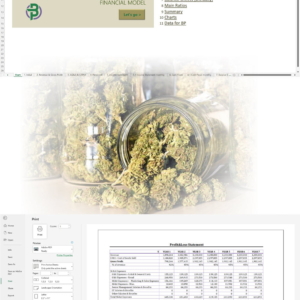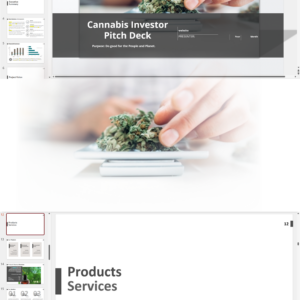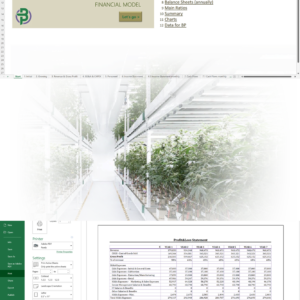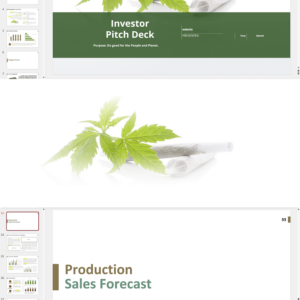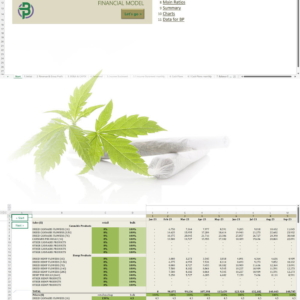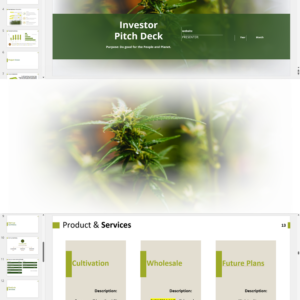- Understand regulatory and legal requirements. Do market research.
Research the laws and regulations governing adult-use and medical-use cannabis for more information about the regulatory requirements for licensure where you want to start your business.
New Mexico Cannabis Legalization
In April 2007, Governor Bill Richardson signed Senate Bill 523, the Lynn and Erin Compassionate Use Act, making New Mexico the 12th state to legalize medical use and the 4th to do so through an act of the state legislature. The 1978 law also allowed medical use of cannabis, but only as part of a federally approved research program. This was the first medical cannabis law passed in any state.
A bill to legalize adult-use cannabis, the Cannabis Regulation Act, was signed into law on April 12, 2021. The law legalized the cultivation, production, purchase, possession and consumption of cannabis for recreational purposes by adults 21 years of age and older. Additionally, the Cannabis Regulation Act consolidated the regulation of adult-use and medical cannabis into a single commercial cannabis system administered by the Cannabis Control Division (CCD). The first licensed sales of recreational cannabis began on April 1, 2022.
- Decide the type of cannabis business. Choose a location. Check local zoning regulations.
Cannabis Licenses Types Available in New Mexico
“A person or business licensed to cultivate cannabis plants; has unprocessed cannabis plants; has unprocessed cannabis products tested by a third-party cannabis testing lab; transport unprocessed products only to other cannabis establishments; or sell cannabis products wholesale.”
Application and licensing fees:
- $2,500.00 annual license fee
- $1,000.00 annual fee for each licensed premises
Annual per plant fee (up to 16,000 plants)
- $5.00 per plant for each mature commercial cannabis plant
- $2.50 per plant for each mature medical cannabis plant
“A person or business licensed to produce cannabis products at a single premise that possesses no more than 200 total mature cannabis plants at any one time.”
The fees for this license type are determined by the number of plants growing under each microbusiness license:
- $1,000.00 annual fee if growing 101 to 200 plants
- $500.00 annual fee if growing 100 plants or less
“A person or business licensed to processes and prepare cannabis into usable cannabis products; has cannabis products tested by a third-party cannabis testing lab and package cannabis products for retail use; or to purchase, acquire, sell, or transport wholesale cannabis products to other cannabis establishments.”
How much does it costs to start a cannabis extraction business?
Application and licensing fees:
- $2,500.00 annual license fee
- $1,000.00 annual fee for each licensed premises
“A person or business licensed to sell cannabis products to qualified patients; primary caregivers or reciprocal participants; or directly to consumers twenty-one (21) years of age and older with active, valid identification.”
Application and licensing fees:
- $2,500.00 annual license fee
- $1,000.00 annual fee for each licensed premises
“A person or business authorized to act as any of the following: a cannabis courier, a cannabis manufacturer, a cannabis producer, or a cannabis retailer. A vertically integrated cannabis establishment may have multiple sublicenses of each type under the mother VICE license.”
Application and licensing fees:
- $7,500.00 annual license fee
- $1,000.00 annual fee for each licensed premises
Annual per plant producer fee (up to 16,000 plants)
- $5.00 per plant for each mature commercial cannabis plant
- $2.50 per plant for each mature medical cannabis plant
“A person or business authorized to conduct one or more the following: production of cannabis at a single licensed premises with no more than two hundred (200) total mature cannabis plants at any one time in their possession; manufacture of cannabis products at a single licensed premises; sales and transportation of only cannabis products produced or manufactured by that person or business; operation of only 1 retail establishment; couriering of cannabis products to qualified patients, primary caregivers or reciprocal participants, or directly to consumers. A micro integrated cannabis business (MICB) may nothave multiple sublicenses of each type under the mother MICB license, only 1 of each function.”
The fees for this license type are determined by the number of activities conducted under each microbusiness license:
- $1,000.00 annual fee for two (2) activities
- $1,500.00 annual fee for three (3) activities
- $2,000.00 annual fee for four (4) activities
- $2,500.00 annual fee for five (5) activities
“A person or establishment that samples, collects, and tests cannabis products for wholesale or retail use only. A cannabis testing laboratory does not produce or possess plant genus Cannabis for the purpose of studying cannabis cultivation, characteristics, or uses.”
Application and licensing fees:
- $2,500.00 annual license fee
- $1,000.00 annual fee for each licensed premises
“A licensed facility that produces or possesses cannabis products and all parts of the plant genus Cannabis for the purpose of studying cannabis cultivation, characteristics, or uses. A cannabis research laboratory does not test cannabis or cannabis products for wholesale or retail use.”
Application and licensing fees:
- $2,500.00 annual license fee
- $1,000.00 annual fee for each licensed premises
“A person or business licensed to transport cannabis products to qualified patients, primary caregivers, or reciprocal participants, or directly to consumers.”
Application and licensing fees:
- $250.00 annual license fee
- $100.00 annual fee for each licensed premises
“A licensed premise where cannabis products may be served and consumed. Alcohol cannot be sold or consumed in a cannabis consumption area. Local jurisdictions may deny cannabis consumption area licenses.”
Application and licensing fees:
- Up to $2,500.00/year
The levels are:
- Level 1: 1 to 4 Controlling Beneficial Owners.
- Level 2: 5 to 9 Controlling Beneficial Owners.
- Level 3: 10 or more Controlling Beneficial Owners.
Cannabis Delivery in New Mexico
A licensee may deliver cannabis products directly to a qualified patient who is at least 18 years of age, a primary caregiver or a reciprocal participant, or directly to a consumer who is at least 21 years of age. Payment for cannabis and cannabis products shall not be requested or received by a cannabis courier. Licensees shall only deliver cannabis products to the person who is identified by the retail cannabis licensee as an intended, authorized recipient.
- Develop a solid cannabis business plan. Secure financing.
Application requirements include a business plan demonstrating a likelihood of success and sufficient business ability and experience on the part of the applicant. A typical cannabis business plan outline includes sections such as Executive Summary, Market Overview, Sales Strategy, Operating Plan, Organizational Structure (+ Diversity Plan) and Financial Plan.
'70% ready to go' business plan templates
We offer a wide range of '70% ready-to-go' cannabis business plan templates that will help you prepare a professional cannabis business plan document supported with expert financials and an investor pitch deck. All our templates are completely open and editable and you can use Word, Excel and PowerPoint to work with them.
- Prepare the required documents. Pay application fees. Submit applications.
Most cities and counties in New Mexico have permit requirements and rules for cannabis businesses. Before you apply for your cannabis license with the CCD, make sure your business is in an area that allows commercial cannabis activity. Be sure to complete any permitting requirements your local jurisdiction requires before you apply for a state cannabis license.
Applications for all medical and retail cannabis licenses can be submitted electronically through the CCD online licensing system. Each application has its own requirements. You can review each license type and what is required by downloading the checklist for the license you want to apply for. Click here to download the different license checklists.
- Submit background check. Obtain the required licenses. Pay plant count fees.
A background check is performed on each person who controls a financial or voting interest of 10% or more of, or an officer or board member of, a cannabis establishment.
Once your license is issued, you can download your license certificate from the licensing system. A physical copy of the license will be mailed to the address provided.
For those license types required to pay a plant fee, if your application is approved, you’ll receive an email with instructions about how to pay your license fee.
- Register your business as an employer and a tax payer.
- Keep track of your ongoing compliance requirements.
Physical security measures, good production practices, packaging, labelling, transport and reporting requirements, taxes and more.
You can renew your license up to 60 days before it expires. You will receive an automated email with instructions when your renewal window opens. All cannabis business must be in good standing with the New Mexico Tax and Revenue upon renewal.
New Mexico Cannabis Taxes
Businesses subject to the Cannabis Excise Tax are those that have retail sales of adult-use cannabis. Those businesses also must register to pay Cannabis Excise Tax and Gross Receipts Tax (GRT) on their sales. The excise tax is 12% of sales until July 1, 2025 and then gradually rises to 18% beginning July 1, 2030. Returns must be filed electronically through Tax and Rev’s Taxpayer Access Point (TAP) self-service portal.
In 2021, New Mexico passed legislation that exempt businesses from Section 280E of the federal tax code that allows cannabis companies to deduct business expenses from their state income taxes.
Main steps in short
- Understand regulatory and legal requirements. Do market research.
- Decide the type of cannabis business. Choose a location. Check local zoning regulations.
- Develop a solid business plan. Secure financing.
- Prepare the required documents. Pay application fees. Submit applications.
- Submit background check. Obtain the required licenses. Pay plant count fees.
- Register your business as an employer and a tax payer.
- Keep track of your ongoing compliance requirements.
Cannabis Micro Producer Business Plan Sample, New Mexico
'70% ready to go' business plan templates
Our cannabis financial models and cannabis business plan templates will help you estimate how much it costs to start and operate your own cannabis business, to build all revenue and cost line-items monthly over a flexible seven year period, and then summarize the monthly results into quarters and years for an easy view into the various time periods. We also offer investor pitch deck templates.
Best Selling Templates
Hemp/CBD business plan templates are available at hempcbdbusinessplans.com.

